Zdzisław Mrożewski
Birth : 1909-05-21, Włocławek, Rosja (obecnie Polska)
Death : 2002-07-05

Więzień - profesor medycyny
A Polish writer is arrested by the Nazis in 1942 and sent to the notorious Pawiak prison in Warsaw. He will spend the next 111 days fighting for survival.

Arthur James Balfour, minister spraw zagranicznych UK
A two-part historical film covering the years of the First World War and the post-war period up to 1919 - until the signing of the peace treaty in Versailles near Paris. An attempt to show the great and complicated process of regaining an independent existence by a nation within its own state. The screen shows characters from history textbooks: Józef Piłsudski, Ignacy Paderewski, Roman Dmowski, Wojciech Korfanty as well as representatives of the world political scene, incl. David Lloyd George, Woodrow Wilson, Georges Clemenceau, Vladimir Lenin and others.
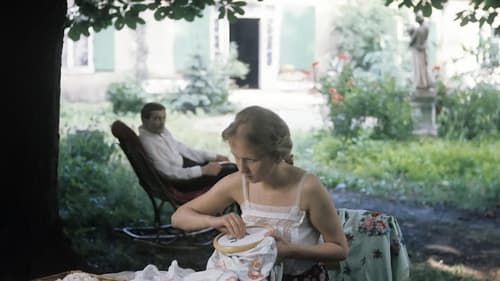
Ziembiewicz, ojciec Zenona

Prezes Gąsiorowski
In 1931, just before the New Year, in a house of architect Henryk Zaremba scream rips the night. The daughter of Zaremba is found killed in her bedroom, obviously killed with a pickaxe. The police arrives and starts the investigation. Rita Gorgonova, the governess of the girl and also lover of Zaremba becomes the main suspect. Film based on real events - investigation and court trials of the most famous pre-war Polish murder case. Despite being historically accurate the movie is both involving and entertaining since the case was simple on the surface, but very complicated in details.

Gabriel Narutowicz
After Poland won freedom from of its long overlordship by Russia and the Austro-Hungarian Empire in 1918, it took a further four years for its National Assembly to elect Gabriel Narutowicz as its first president. Narutowicz was a professor who until his election had been living in Switzerland. Those were chaotic times, and shortly after his election, he was assassinated by right-wing fanatics. This epic Polish film chronicles the circumstances of Narutowicz's election and assassination.

Wladyslaw
Zofia is an elderly woman living in an retirement home. Separate from the rest, she talks seldom and then only about visiting her daughter's family for Christmas. When she comes to her daughter's home unannounced, her stay is spoiled by the damage to her son-in-law doctorate bookmarks which she removed unknowingly during dusting. She then spends Christmas in an empty restaurant, surrounded by waiters and musicians waiting to be tipped.

There has been a secret relationship between the nephew of the ordinate - Jan, and his older cousin Xymena. However, Jan falls in love with the foster daughter of the ordinate, the young Krystyna. The ordinate does not consent to marriage, because Krystyna is his illegitimate daughter, and thus Jan's cousin. But it turns out that Jan is not the son of the general's brother ...
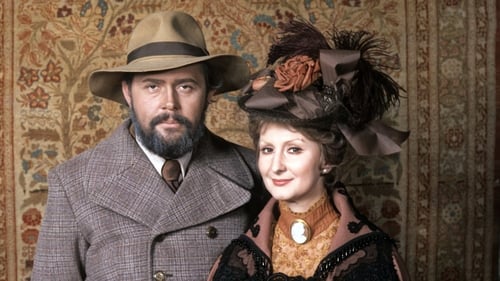
Leon Woynarowski
Nights and Days is a family saga of Barbara Ostrzenska-Niechcic, (played by Jadwiga Baranska) and Bogumil Niechcic, (played by Jerzy Binczycki) against the backdrop of the January Uprising of 1863 and World War I. The film is a rather straightforward and faithful adaptation of a novel by Maria Dabrowska with the same title. The plot is woven around the changing fortunes of a noble (upper-class) Niechcic family in the pre-WWI Poland. There are two main crossing threads: a social history one and an existential one. The cinematographic version is a condensation of the 12 part award winning TV serial of the same title and using the same cast and producers.

Mr. Pobratynski, Ewa's father
A beautiful Polish girl whose lover has gone to Rome to seek a divorce from his previous wife travels around Europe in search of him and suffers a variety of tragic adventures as the men around her try to fit her into their own selfish schemes.
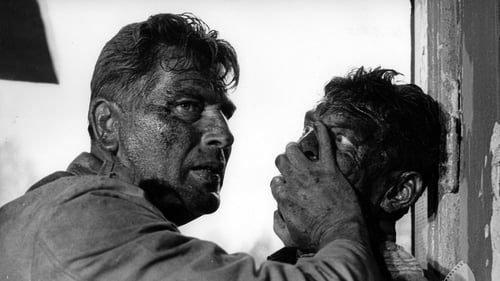
Lt. Col. Wincenty Sobocinski
Westerplatte is a small peninsula at the entry to the Gdansk Harbour. Before World War II, it functioned as a Polish ammunition depot in the Free City of Danzig/Gdansk. Its crew consisted of one infantry company and a group of civilians, 182 people in total. It was the only Polish guard-post at the mouth of the Vistula River, with as little as five sentries, one field cannon, two anti-armour guns and four mortars. It was the first obstacle to Hitler's predatory march across Europe. The first shots of World War II were fired here. This film tells the story of Westerplatte's courageous defenders.

General Arthur Gordon
During the Second World War, an old fortress is transformed into a detention camp for arrested allied generals who the Germans provide with every possible comfort. In the nearby garrison camp, however, hundreds of captured private soldiers try to survive hunger and cold.

Professor Choberski
Krakow in the sixties. A doctor, though not having finished his studies, earns a living providing medical advice. A former nurse enters the stage, saying she hears voices from "the other world". At first, they can exploit gullible victims without problems, but soon the authorities start to show interest in these quacks.
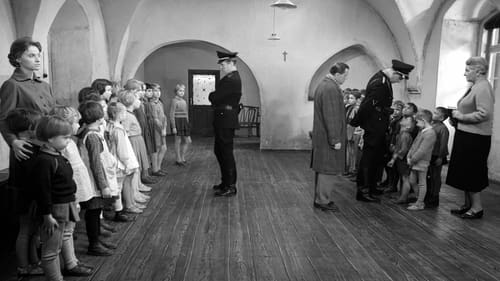
Doctor Orzechowski
Three separate stories depicting the tense everyday life during occupation, as seen through the eyes of children. In “On the Road,” the two main protagonists are lost in the September’s strife: a young boy, and a soldier transporting the valueless documents of his broken unit. In “Letter from the Concentration Camp” the story’s protagonists are young boys who help their mother during the hardships of the occupation. Their treasure is an officer uniform belonging their father who is being held in a prisoner of war camp. In “Blood Drop,” the Germans find a set of typical Aryan characteristics in this story’s protagonist – a Jewish girl, hiding in an orphanage.

professor
An unlikely couple - a Polish concentration camp inmate and a young German girl - stick together and try to survive the RAF bombing of Dresden in February 1945.

wojewoda
The 1937 trial of communist journalists, working for the same student magazine in Vilnius, is shown through the tragic life of the paper's young collaborator Julek Szulc.

the heir of Woloka
1944. Communist militiaman take a post in a little town in the east of Poland. He has to stand against his own men that are not happy with new authorities.
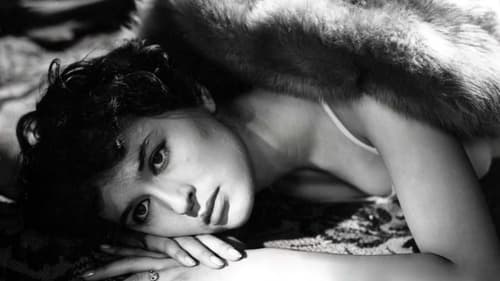
Paweł's father
The story takes place before World War II and centers on Pawel, a member of a conservative, middle-class family, and his love for Lidka, a taxi dancer. Social conventions and the lovers' inability to defy those forces Pawel and Lidka benefit. Times change, war breaks out, leading to Pawel sent to Auschwitz while Lidka marry his cousin. Their love has survived and conventions are no longer the issue.

Antoni Przewłocki
Imperialist spies try to disrupt and stop production in a large steelworks.
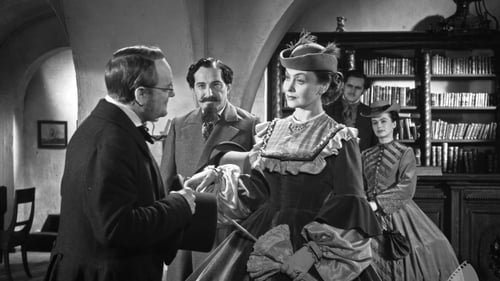
Count Alfred (as Z. Morzewski)















